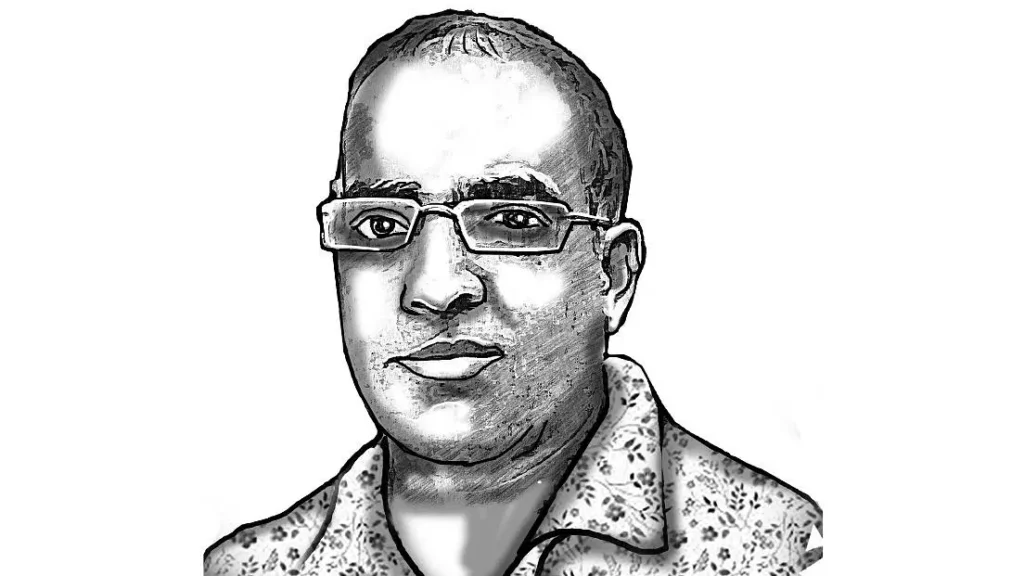
Bangladesh, a young yet vibrant democracy in South Asia, is experiencing a pivotal moment in its democratic evolution. As the nation navigates a complex political landscape marked by economic growth, social change, and political strife, it finds itself at a crossroads that will shape its future trajectory. This moment of reflection offers a snapshot of the challenges and opportunities facing Bangladesh as it strives to strengthen its democratic institutions and practices.
Table of Contents
Historical Context and Democratic Evolution
To understand the current moment, it’s essential to reflect on Bangladesh’s journey since its independence in 1971. The country has traversed a tumultuous path from a war-torn state to a burgeoning economy. Initially, Bangladesh grappled with political instability, including military coups and periods of authoritarian rule. However, the restoration of democracy in the 1990s marked a significant turning point, leading to a more stable political environment and economic progress.
The last two decades, in particular, have seen notable democratic advancements under the leadership of figures like Sheikh Hasina. Her government has implemented significant reforms and development projects, contributing to economic growth and infrastructure development.

Current Political Landscape
Bangladesh’s present political landscape is characterized by a dynamic interplay of governance, opposition politics, and civil society engagement. The country faces several key issues:
- Electoral Integrity: Elections in Bangladesh have often been contentious, with allegations of irregularities and political violence. The current political climate is no different, with ongoing debates about the fairness and transparency of the electoral process. Ensuring free, fair, and credible elections is crucial for the health of Bangladesh’s democracy.
- Political Polarization: The political environment is highly polarized, with sharp divides between the ruling party and opposition groups. This polarization sometimes leads to confrontational politics, which can undermine democratic dialogue and consensus-building. The extent to which political factions can engage in constructive dialogue will influence the future stability of the democratic process.
- Civil Society and Media Freedom: Civil society organizations and media play a vital role in a democracy, holding the government accountable and fostering public debate. In Bangladesh, there have been concerns about restrictions on freedom of speech and press. The ability of civil society and media to operate freely and critically is essential for a vibrant democracy.
- Corruption and Governance: Corruption remains a significant challenge in Bangladesh, affecting various aspects of governance and public trust. Addressing corruption and improving transparency in government institutions are critical steps towards strengthening democratic practices and ensuring equitable development.
Bangladesh has made remarkable strides in economic development, with impressive growth rates and advancements in sectors such as textiles, agriculture, and technology. This economic progress has had a profound impact on the country’s democratic evolution:
- Rising Middle Class: Economic growth has led to the emergence of a rising middle class with increased political awareness and engagement. This demographic shift can contribute to more informed and active participation in democratic processes, potentially leading to greater demands for accountability and reform.
- Infrastructure and Public Services: Improved infrastructure and public services have enhanced the quality of life for many Bangladeshis. However, the distribution of these benefits remains uneven, and addressing regional and socio-economic disparities is essential for fostering inclusive democracy.
- Economic Inequality: Despite overall economic progress, income inequality persists. Ensuring that economic gains are equitably distributed is crucial for social cohesion and democratic stability. Addressing disparities through targeted policies and inclusive growth strategies is essential for maintaining public trust in democratic institutions.
Social and Cultural Shifts
Bangladesh is undergoing significant social and cultural changes that influence its democratic evolution:
- Youth Engagement: The younger generation in Bangladesh is increasingly engaged and vocal about social and political issues. Their involvement in activism, advocacy, and digital platforms reflects a growing demand for greater participation in the democratic process. Harnessing this energy and integrating it into the democratic framework can lead to positive changes.
- Gender Equality: Progress has been made in promoting gender equality, with women taking on more prominent roles in politics and society. Continued efforts to address gender disparities and empower women are vital for ensuring that democracy is inclusive and representative of all segments of society.
- Religious and Ethnic Diversity: Bangladesh’s diverse population includes various ethnic and religious groups. Ensuring that democratic processes respect and reflect this diversity is essential for social harmony and the protection of minority rights.
Challenges and Opportunities
As Bangladesh navigates this critical juncture, several challenges and opportunities emerge:
- Institutional Strengthening: Building strong democratic institutions is crucial for ensuring the rule of law, accountability, and transparency. Reforms aimed at strengthening the judiciary, electoral commission, and other key institutions can enhance the effectiveness and credibility of the democratic system.
- Public Engagement and Participation: Encouraging broader public engagement in democratic processes, including through education and outreach initiatives, can foster a more informed and active citizenry. Enhanced participation can lead to more representative and responsive governance.
- Regional and Global Context: Bangladesh’s democratic evolution is influenced by regional and global dynamics. Maintaining positive relations with neighboring countries and engaging with international partners can provide support and opportunities for democratic consolidation.
- Addressing Systemic Issues: Tackling systemic issues such as corruption, inequality, and political violence is essential for creating a stable and inclusive democracy. Comprehensive approaches to these challenges can contribute to long-term democratic health.
Conclusion
The current moment in Bangladesh’s democratic evolution represents both a pause for reflection and a launchpad for future progress. The country’s journey from its early struggles to its present-day challenges and achievements reflects the complexities of democratic development. As Bangladesh stands at this pivotal crossroads, the choices made by its leaders, citizens, and institutions will shape the trajectory of its democracy.
Strengthening democratic institutions, promoting inclusive governance, and addressing key challenges will be critical for Bangladesh as it continues to evolve.








